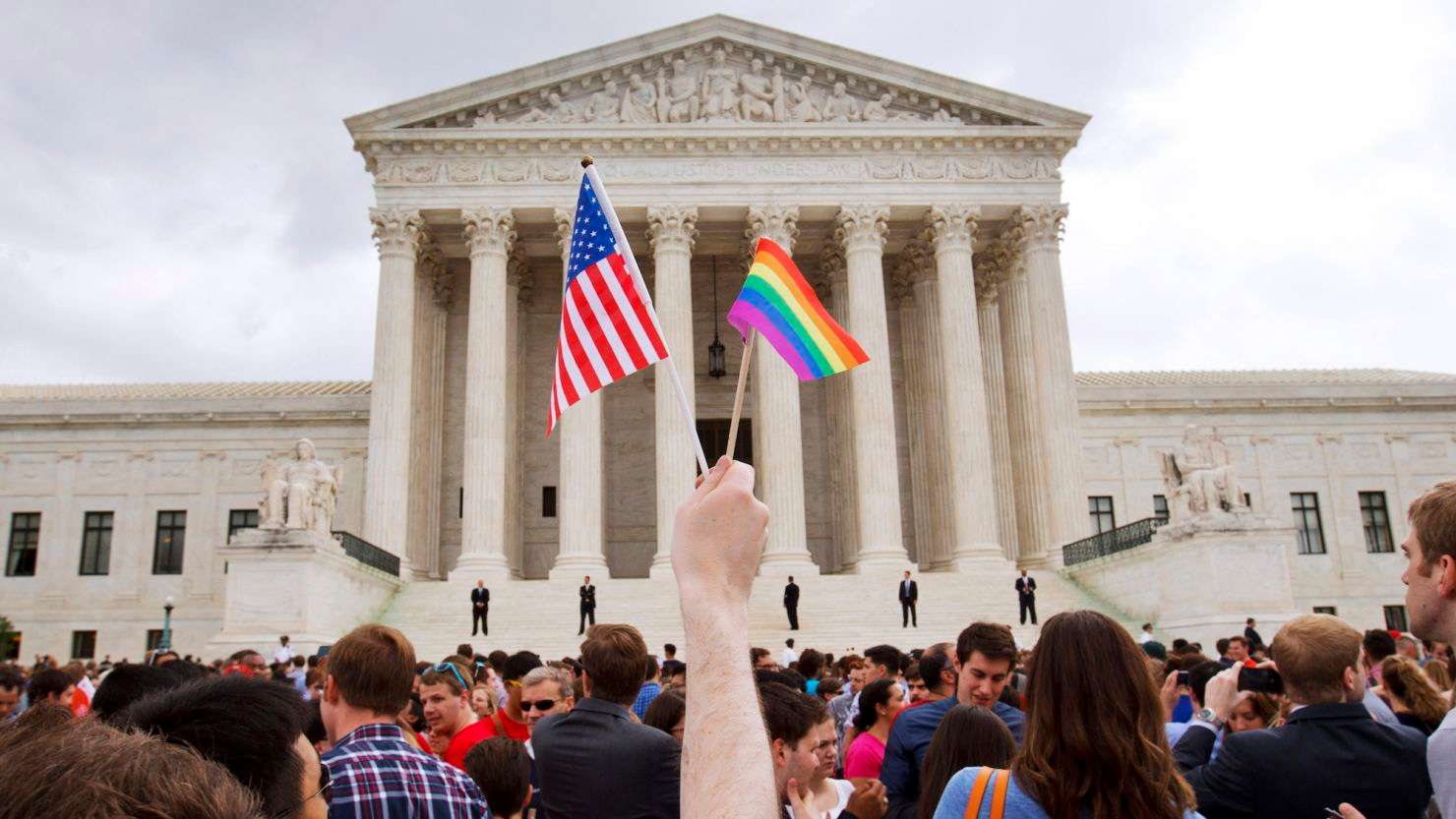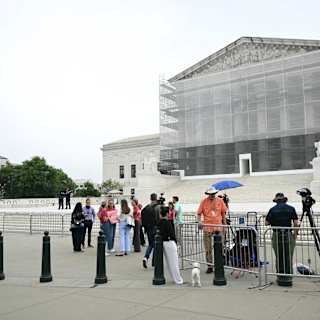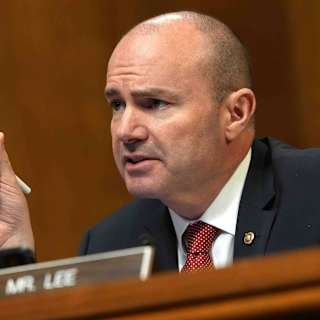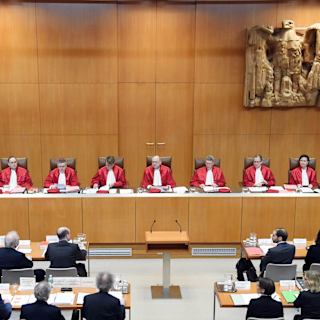- Record Support Amid Political Threats
- Legal Vulnerability
- Original Case Background
Ten years to the day after the Supreme Court legalized same-sex marriage nationwide, LGBTQ advocates find themselves marking the anniversary of Obergefell v. Hodges with both celebration and apprehension about the future of marriage equality.
The June 26, 2015 ruling transformed American society, with the number of married same-sex couples more than doubling to an estimated 823,000, according to data from the Williams Institute at UCLA School of Law. Yet as the milestone arrives, concerns mount over potential challenges that could reach a more conservative Supreme Court.

Public backing for same-sex marriage has reached near-record levels, with 68% of Americans supporting legal recognition according to 2025 Gallup polling, up from 60% in May 201512. Republican support has also grown, with 56% backing marriage equality in a June poll by Centerline Liberties and Project Right Side1.
Despite broad public support, political opposition has intensified. Eight states introduced resolutions this year urging a reversal of Obergefell, while the Southern Baptist Convention voted at its Dallas meeting to ban gay marriage and overturn the decision23. The Trump administration and Project 2025 have targeted the ruling for reversal4.
"Never did I expect in 10 years that I would be worried about Obergefell being overturned," lead plaintiff Jim Obergefell told Axios5. More than a dozen states have moved to strengthen legal protections for same-sex married couples in case the decision falls23.
Legal experts point to the Supreme Court's 2022 Dobbs decision overturning abortion rights as evidence the current court could reverse established precedent. Liberty Counsel's Davis v. Ermold case seeks an audience with the High Court to overturn Obergefell1.
"Our Supreme Court right now is more conservative than it's been in a very, very long time," Jenny Pizer of Lambda Legal told Axios2. The 2015 decision was narrowly decided 5-4, with Justice Anthony Kennedy writing the majority opinion34.
The case began when James Obergefell and John Arthur, partners for nearly two decades, married on a Maryland airport tarmac in 2013 due to Arthur's ALS diagnosis. When Ohio refused to recognize their marriage on Arthur's death certificate, they sued, leading to the landmark ruling12.
"I was certainly feeling the gravity of the moment," attorney Mary Bonauto, who argued the case, told Spectrum News3. "For decades I had been watching families struggle because their relationships were considered outside the bounds of the law."





